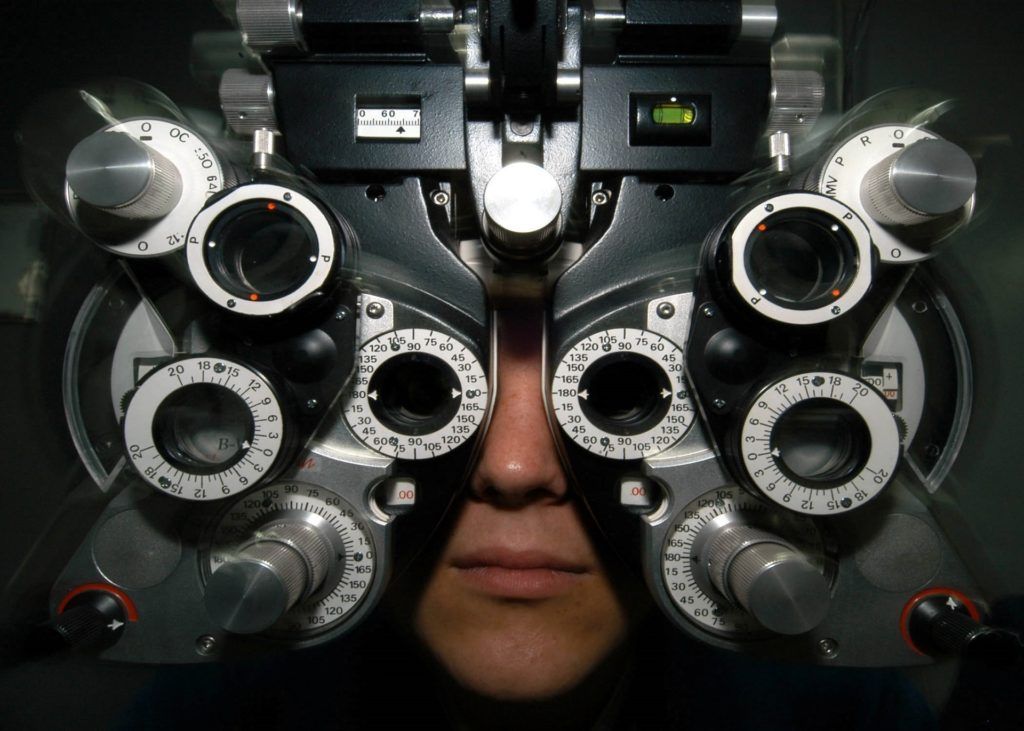How Often Should You Have A Comprehensive Eye Exam?
 Detecting eye diseases as early as possible gives you the best chance of saving your sight. Some of the most common eye diseases can blind you before you ever notice the first symptoms.
Detecting eye diseases as early as possible gives you the best chance of saving your sight. Some of the most common eye diseases can blind you before you ever notice the first symptoms.
The American Academy of Ophthalmology recommends that you get a comprehensive eye examination at age 40, which is when changes in your vision or early signs of disease typically begin. A comprehensive screening, which includes dilating the eyes, can help identify signs of eye disease at an early stage. Continue to have a comprehensive eye exam at least every two years after age 40, and at least once a year after age 50.
There are treatments that can preserve vision when eye disease is detected at an early stage. Waiting until any diseases have progressed, however, too often results in permanent vision loss.
The American Academy of Ophthalmology also recommends that:
- Children should have their first eye examination before they begin kindergarten. Their vision should be monitored at least every few years to make sure their sight is developing normally.
- Teenagers should have a comprehensive eye examination before learning to drive to make sure any undetected vision problems don’t endanger them behind the wheel.
- Anyone with diabetes, regardless of age, should, have a comprehensive eye examination every year starting when they are diagnosed with diabetes.
- People with a family history of glaucoma, macular degeneration, or other eye diseases should have comprehensive examinations once a year beginning at age 30.
Comprehensive eye exams are relatively simple and comfortable. Your ophthalmologist will measure how well you see from each eye, your side vision, the back of the eye, inside the eye, your eye pressure, and your retina and optic nerve. Each part of the exam provides important information about how healthy your eyes actually are.
Stay proactive about the health of your eyes. Don’t wait until your vision is blurry or you notice that you’re squinting more often. If you notice any changes in your eyesight, contact your ophthalmologist for an appointment as soon as possible.
At Baptist Eye Surgeons , we treat a wide range of eye disorders and are one of the most trusted eye specialists in Tennessee. Baptist Eye Surgeons is an ophthalmological practice dedicated to providing quality eye care to patients whose needs range from routine comprehensive eye examinations to complex eye surgeries. To request an appointment or get directions to our Knoxville and Morristown locations, visit our website . Call us at 865-579-3920 for more information, or visit us online to schedule an appointment .


MORRISTOWN
SEVIERVILLE
TENNESSEE VALLEY - LASER CENTER
TENNESSEE VALLEY - EYE CENTER



